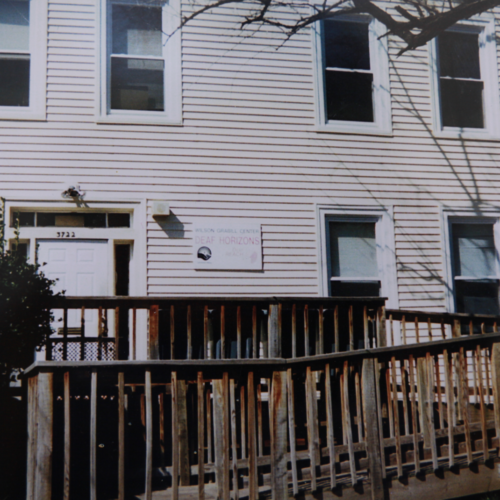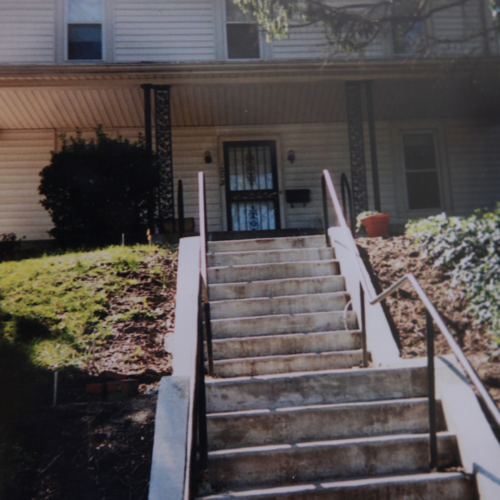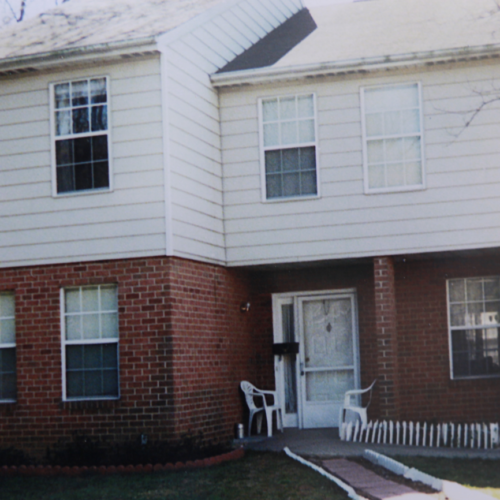Our Services
We provide a variety of supportive services for Deaf community members.
Community Support Program
The Deaf Reach, Inc. Community Support Program supports individuals who are deaf or hard of hearing who are experiencing mental health issues such as depression, anxiety, psychotic disorders and other issues to ensure that their needs for living in the community are met. Services include counseling, coordination of medical and mental health treatment/appointments, budgeting and money management, housing placement to name a few. This program provides services to individuals approved by the D.C. Department of Behavioral Health and is available 5 days per week with on call services for emergencies and crisis situations.
Interpreting Services

Deaf Reach, Inc. provides “in house” interpreting services under our Access and Communications Department. We offer services at competitive rates to ensure that access is provided and affordable. Our interpreters are knowledgeable and qualified. We have contractual relationships for interpretation services with a number of businesses in the Washington, D.C. area. We serve all major industries including non profit agencies, government, healthcare, behavioral healthcare, education, and recreation.
We adhere to the Registry of Interpreters for the Deaf’s code of professional conduct; and their Standard Practice Papers, which outline standard practices and positions on interpreting roles. (www.rid.org)
We offer internship and volunteer opportunities to build upon skills for new interpreters that have yet to establish themselves.
For additional information, questions, or comments please email: interpreters@deaf-reach.org
What is a sign language interpreter?
“A qualified interpreter is one who can, both receptively and expressively, interpret accurately, effectively, and impartially, using any necessary specialized vocabulary.” www.nad.org
When do I need to hire sign language interpreters?
Under the Americans with Disabilities Act of 1990 (ADA), private businesses, nonprofit agencies, and government programs must provide reasonable accommodations to individuals with disabilities, including deaf persons. This federal law applies to a variety of settings such as business functions, social events, and recreational activities. According to Title III of the ADA, ™a public accommodation shall furnish appropriate auxiliary aids and services where necessary to ensure effective communication with individuals with disabilities. . .which includes the use of a qualified sign language interpreter (28 C.F.R. sec. 36.303(c))∫. The Department of Justice and other federal agencies vigorously enforce the ADA.
For more information, please visit the ADA home page at www.ada.gov.
Can small businesses claim a tax credit for ADA-related expenses?
Section 44 of the Internal Revenue Code allows small businesses to claim a tax credit to help cover ADA-related expenditures. A business that had either revenues of $1,000,000 or less or no more than 30 full-time workers may qualify for this credit. The credit can be used to cover costs for providing equal access under the ADA, including sign language interpreters.
Residential Services
Deaf Reach, Inc. provides a range of supported, semi independent and independent living options to individuals in the community. Some services are especially tailored to individuals who are Deaf and Hard of Hearing with behavioral health issues and others are available for those with disabilities.
In addition to working on housing goals, the individuals engage in a variety of activities such as getting together with others for a cookout, calling/visiting relatives and friends, celebrating each other’s birthday, watching movies, and relaxing.
To join the waitlist for Deaf Reach HUD subsidized housing, please send an e-mail to: HUDPrograms@deaf-reach.org.


